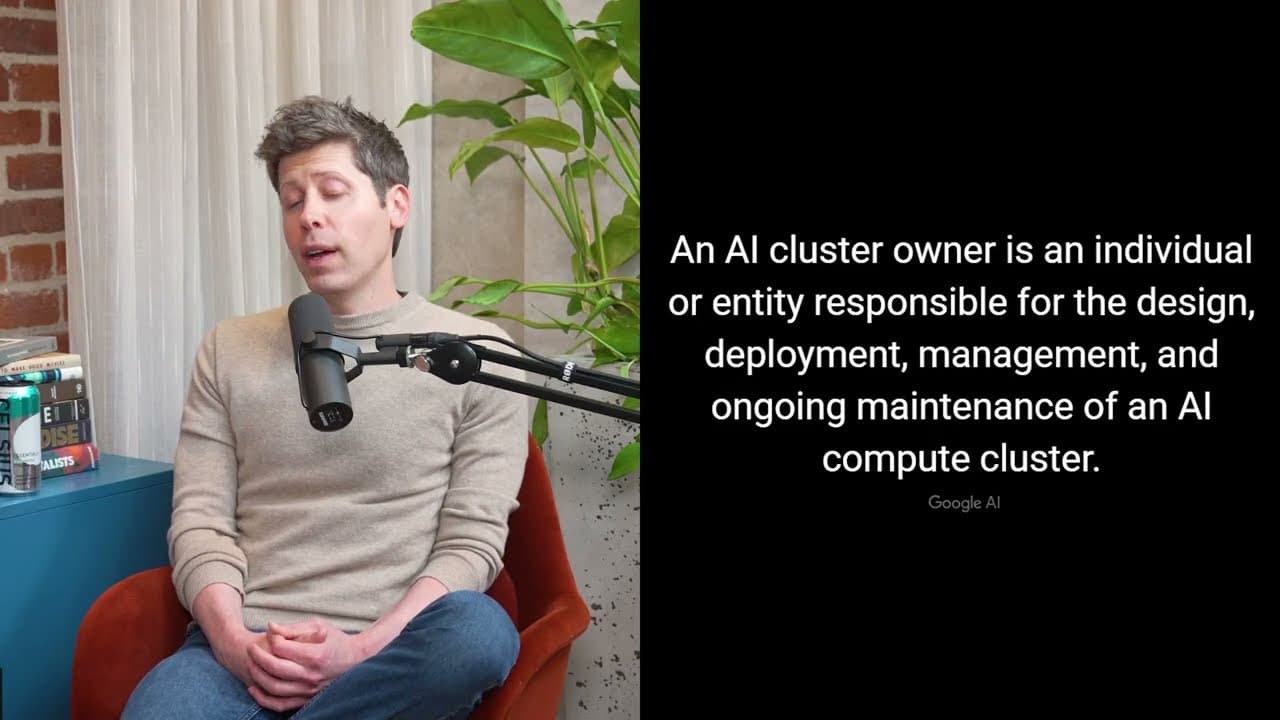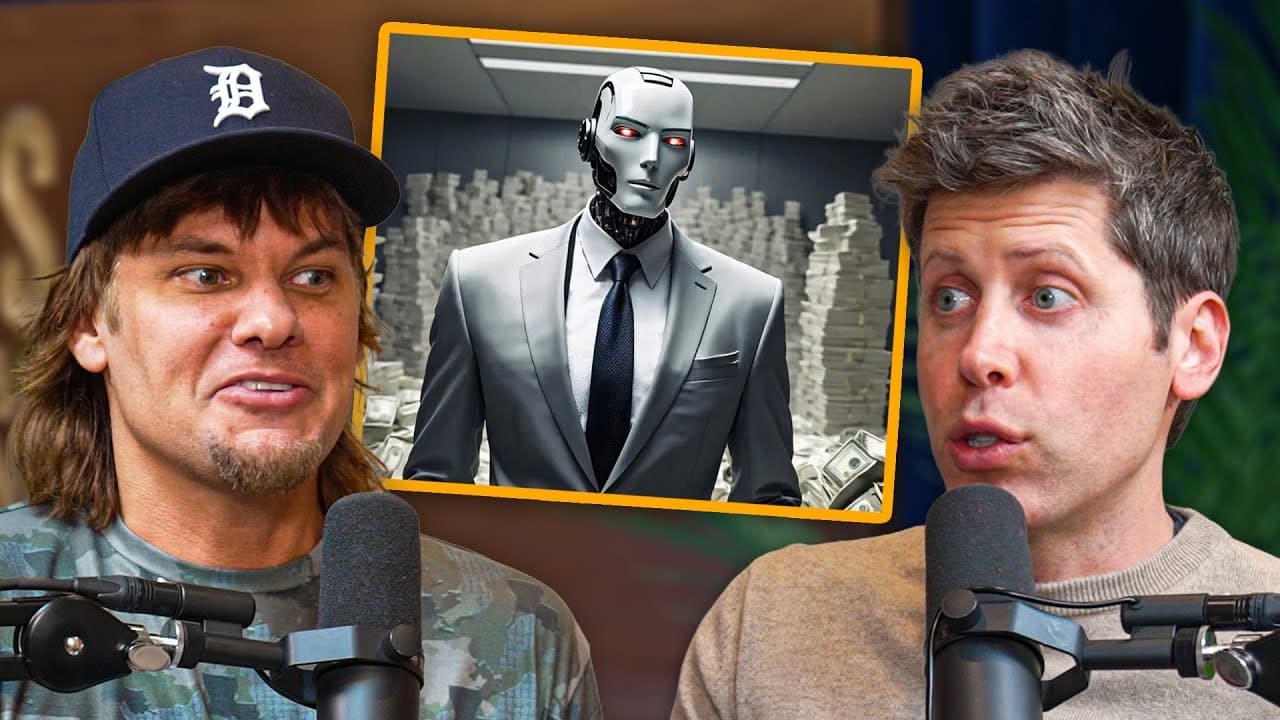AI's Fast-Forward on Society
I often think about how AI is like a fast-forward button for technology, accelerating innovation and everyday tasks in ways that feel almost magical. As we dive into this, the real question is how we'll navigate the potential inequalities it brings, ensuring everyone can thrive in this new era.
TL;DR
AI acts as a rapid accelerator for technology, quantifying information and speeding up tasks, raising questions about societal adaptation.
With AI concentrated in few hands, financial survival becomes a concern, as many might rely on it without owning the benefits.
One possibility is free access to advanced AI, boosting global productivity and wealth distribution more evenly than ever before.
Yet, new economic models like universal basic wealth could emerge, giving people ownership shares to foster agency and co-creation.
Ultimately, distributing AI resources globally might empower human ingenuity, turning potential divides into shared opportunities for all.

I remember pondering how AI feels like it's hitting the fast-forward button on everything—from technology to daily possibilities. Information gets quantified so quickly, allowing even routine tasks to be handled faster, which sets up a framework for rapid advancements. But as I delved deeper, I couldn't help wondering: how will people survive in this new landscape?
The core issue is inequality. If a few own the AI companies and the rest just use the tools, how do we ensure societal members can still financially thrive? I tossed around ideas like whether money as we know it will persist, and it made sense to explore alternatives.
In my best guess, one scenario is making advanced AI, like a future GPT-7, freely available to everyone. This could let people boost their productivity and earn more, spreading wealth more widely without needing to own the underlying tech. It's exciting because even just access might make society richer and more distributed overall.

Another path involves AI driving major breakthroughs, like new disease cures or energy sources, but the value might accrue to those who control the systems. Society would likely demand a new economic model to share that wealth, perhaps through something like universal basic income. I still find UBI intriguing, as it gives everyone a baseline, but I believe people need more than just money—they crave agency.
It's not enough to hand out checks; folks want a stake in the future. I'd prefer universal basic wealth, where people get ownership shares in AI creations, allowing them to participate and watch value grow over time. This way, we avoid a passive existence and instead co-create culture and inventions together.
Thinking bigger, what if we allocated global AI resources equally? Imagine dividing the world's AI output—say, tokens from AI-generated words—among 8 billion people, giving each a trillion tokens to use, sell, or collaborate on projects. It's a wild idea, but it could harness distributed human creativity while maintaining economic dynamism.

This approach might prevent concentration of power and let ingenuity flourish worldwide. While it's speculative, it's the kind of forward-thinking concept that deserves exploration to build a more equitable future.
As I reflect on this, the key is balancing AI's speed with human needs, ensuring that rapid progress doesn't leave anyone behind but instead amplifies our collective potential. This vision of shared ownership could transform challenges into opportunities, fostering a world where innovation benefits all.
Key Takeaways
AI accelerates technology and tasks, potentially leading to widespread productivity gains if accessed freely.
Economic inequality from AI ownership raises survival concerns, prompting ideas like universal basic income or wealth.
People need agency and ownership in AI developments to feel engaged and co-create the future effectively.
Global distribution of AI resources could promote equity, allowing for collaborative innovation on a massive scale.

